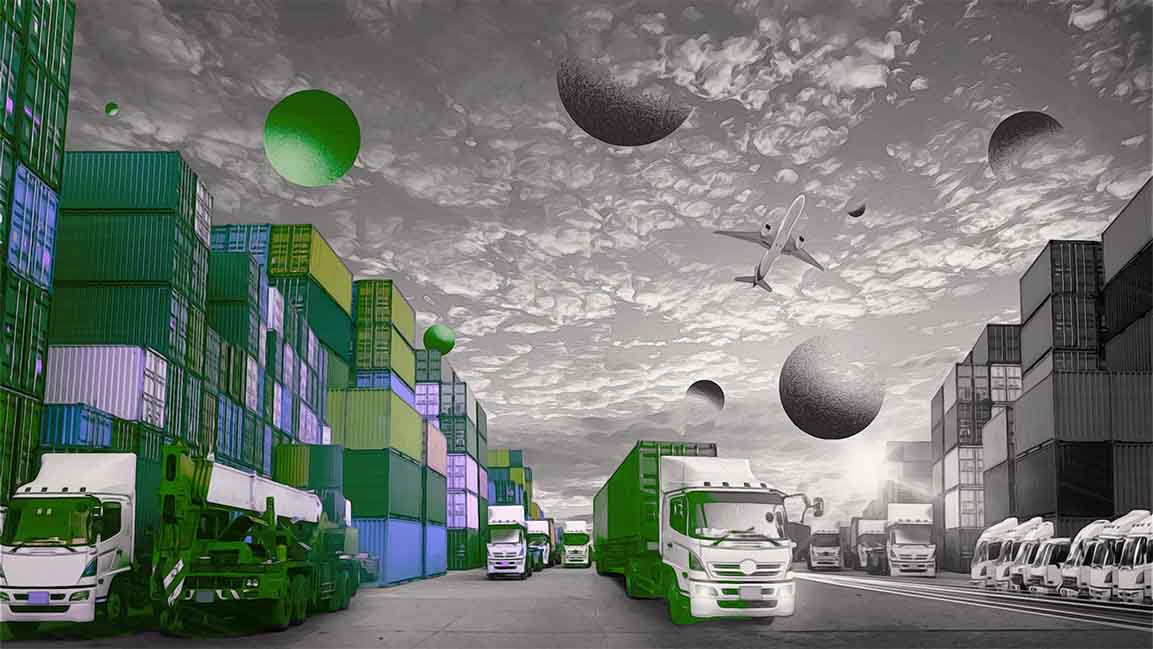- | 12:00 pm
UAE urges actions to make trade more sustainable
Freight transport contributes 7% of global emissions.

Climate change requires collective action, cooperation, and coherent policies that support economic growth and sustainable development goals.
According to the World Trade Organization (WTO), trade is crucial in transitioning to a low-carbon economy and a greener, more sustainable society.
The UAE minister of state for foreign trade, Dr. Thani bin Ahmed Al Zeyoudi, has also supported the notion that global trade has a major role in reducing carbon dioxide emissions.
Speaking at Climate Future Week in Dubai, Al Zeyoudi said, “Trade remains the lifeblood of the global economy. It creates jobs, raises living standards, enhances knowledge, and promotes innovation.”
“But we must now ensure that it continues to offer all these benefits while limiting its impact on the environment,” he added.
The International Transport Forum estimates that international trade-related freight transport accounts for around 30% of all transport CO2 emissions from fuel combustion and more than 7% of global emissions.
It adds that the carbon-intensive trucking road freight share of international trade-related emissions will grow from 53% in 2010 to 56% by 2050.
Al Zeyoudi said the UAE is committed to reaching net zero carbon emissions by 2050. He also clarified that COP28 in November will have a day dedicated to the role of global trade in addressing the climate challenge.
Al Zeyoudi said: “We must act with conviction and urgency to ensure our supply chains are sustainable, equitable, and environmentally responsible.”
In March, Al Zeyoudi said at an event in London that all trade agreements signed by the UAE are part of the country’s ultimate goal to connect 90% of global trade flows by 2027.
He pointed out that Dubai’s Jebel Ali Port is home to the region’s first green warehouses, where cold storage facilities run on solar energy, and a fully automated solar-powered container stacking system exists.
Al Zeyoudi’s call to action is timely, as global trade is expected to grow significantly in the coming years.
If transitioning to more sustainable practices does not accompany this growth, the trade sector could become a major obstacle to the world’s efforts to combat climate change.































